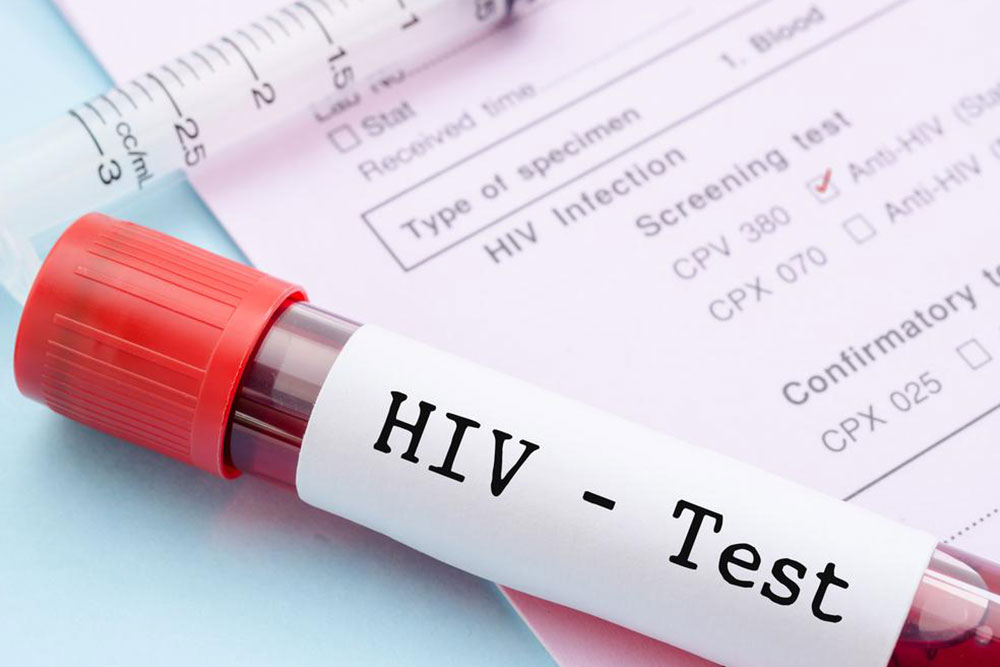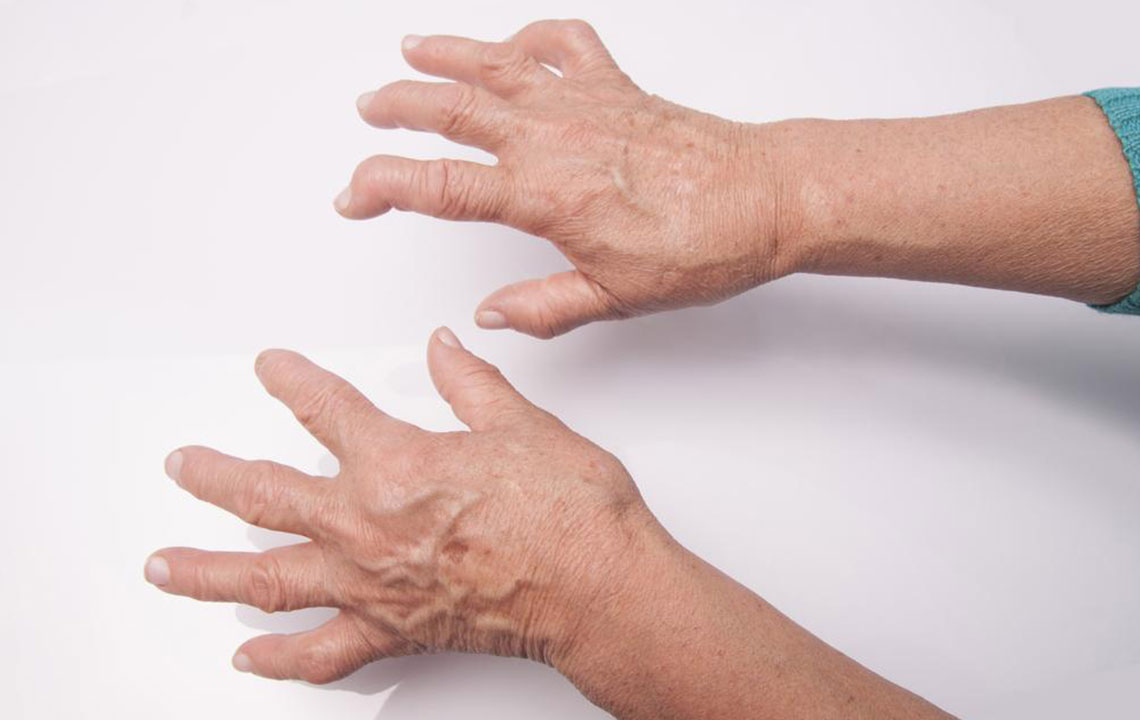Understanding the Importance of HIV Testing and Early Detection
This article highlights the importance of HIV testing, explaining the process, benefits of early detection, and accessible options. Regular testing is vital for timely treatment and preventing transmission, ensuring individuals can take control of their health. It emphasizes the confidentiality and simplicity of modern HIV screening methods, urging readers to get tested without hesitation.

Understanding the Importance of HIV Testing and Early Detection
Despite ongoing awareness efforts, HIV remains a sensitive topic, and many individuals hesitate to get tested. Even in developed nations such as the United States, over a million people live with HIV. According to CDC statistics, more than 56,000 new HIV cases occur annually. Alarmingly, over 20% of infected individuals are unaware of their condition, delaying treatment and increasing the risk of transmission.
Why is Regular HIV Testing Critical?
Getting tested early allows for timely medical intervention, which helps slow disease progression. While there is no cure for AIDS, treatments are available to manage the virus effectively. Regular testing also prevents unknowingly spreading HIV, as it discourages risky behaviors like unprotected sex and blood donation from infected individuals. Knowing your status empowers you to take informed decisions about your health and lifestyle.
What Does HIV Testing Involve?
HIV testing involves analyzing blood samples to determine if the virus is present. The process checks for antigens and antibodies that indicate infection. If results are positive, confirmatory testing is recommended. Negative results typically do not require further testing unless advised by a healthcare provider. Today, HIV testing has become accessible and straightforward, with options like home testing kits, such as OraQuick or Clearview Complete HIV ½ test, delivering reliable results. For personalized guidance, consulting a healthcare professional at reputable clinics ensures confidentiality and support. Regardless of the outcome, early detection and medical advice are crucial in managing HIV effectively.










